Using the past as a springboard
With a look to the past, ETH Rector Günther Dissertori posed the most elementary of questions the day before: where do we come from? Together with Nobel Prize winner Didier Queloz (Origins of Life) and Olympic gold medallist and physicist Dominique Gisin, he opened the ETH discussions at the WEF. In the search for the origin of life, the following question arose: “Are we special, or not really?” as well as “How do we shape our lives, our society and our future?”
In the talks that followed, speakers from astrophysics, literature, architecture and culture shone a light on questions concerning the core elements of “life”, “society” and “the future” from different perspectives. Is beneficence the key to preserving our species, as Queloz suggests? Is it a matter of changing everyone’s narratives through stories, such as those offered by science fiction author Kim Stanley Robinson? Or do societies, in the sense of Origen Festival founder Giovanni Netzer, ultimately always build on what once was and use their past as a springboard to jump a little higher into the next century?
How do we design the space that influences us?
When it comes to the direction in which a society develops, the spaces – or in a narrower sense, the buildings in which we move – play an important role. The model of the 3D-printed White Tower in Mulegns demonstrates this, as does the small prototype hut from the no1s1 research project. The former will soon rise 23 metres into the sky as the largest 3D-printed building in the world, and with its gingerbread style reminiscent of the blessings of the past, will lead stagnating Engadine valley communities into a hopeful future. (Returning confectioners in the 15th century were responsible for an extraordinary boom in the impoverished Engadine after they had become rich through confectionery in Venice.)
On the other hand, no1s1 completely distances itself from thoughts of long ago and focuses both technologically and sociologically on a utopian future: space, anchored in blockchain, that belongs only to itself, detached from human owners. It is an attempt at a scientific response to a statement with which the WEF triggered an extremely controversial debate: “You’ll own nothing. And you’ll be happy.”
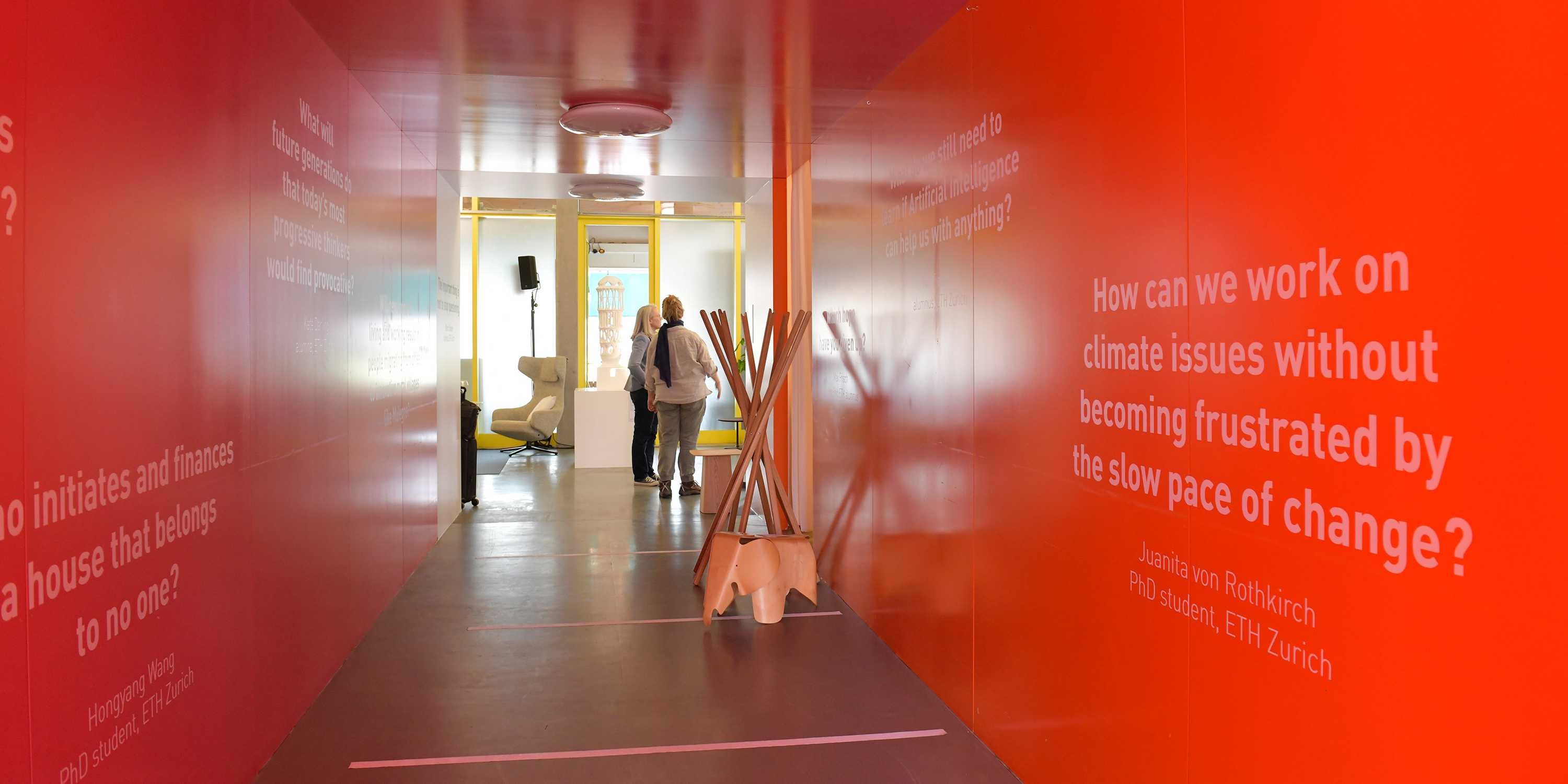

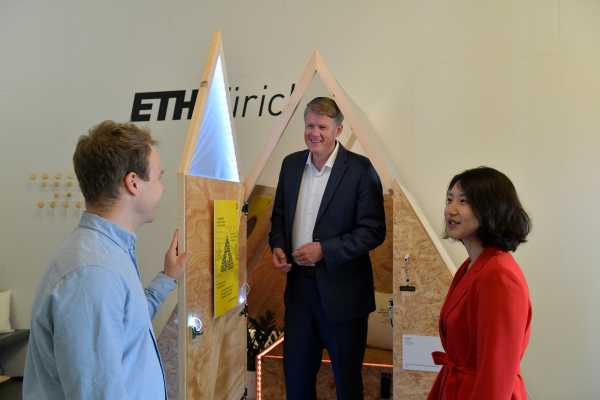
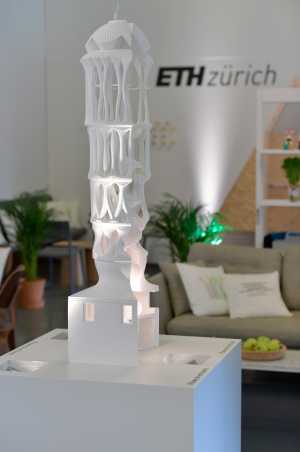
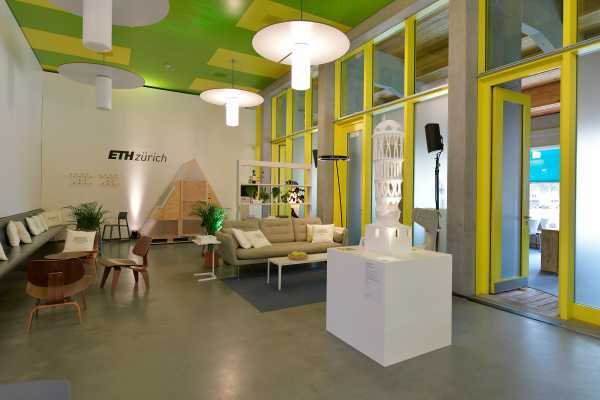
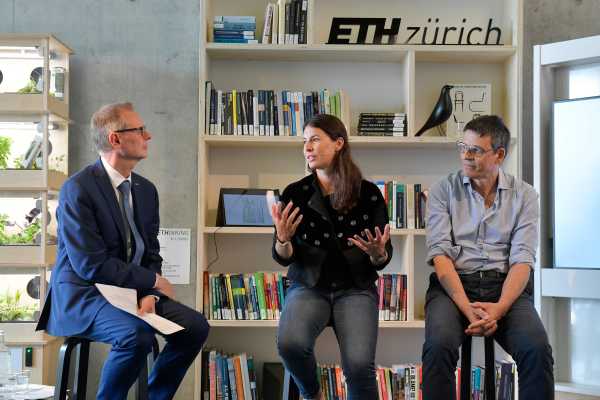
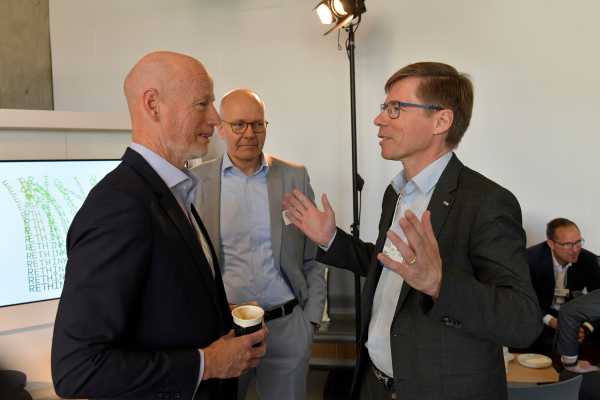
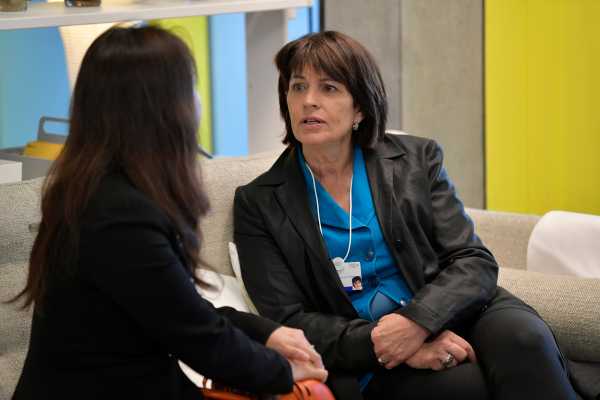
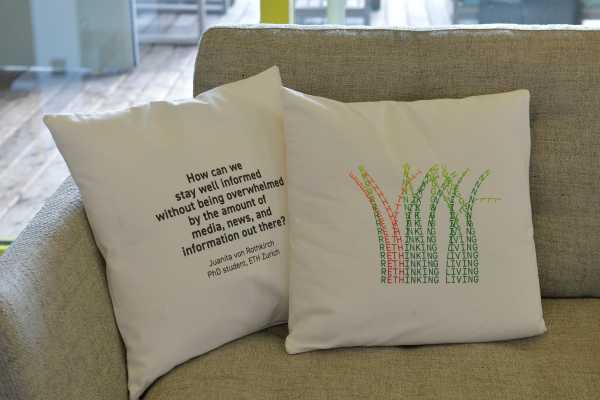
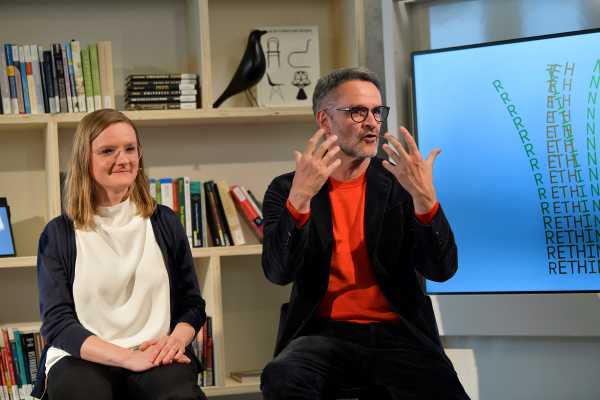
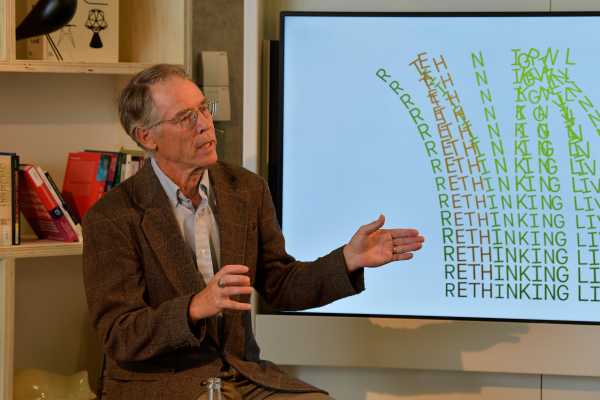
Comments
No comments yet